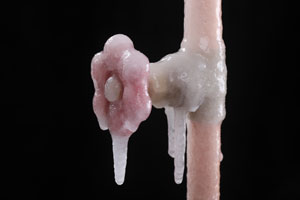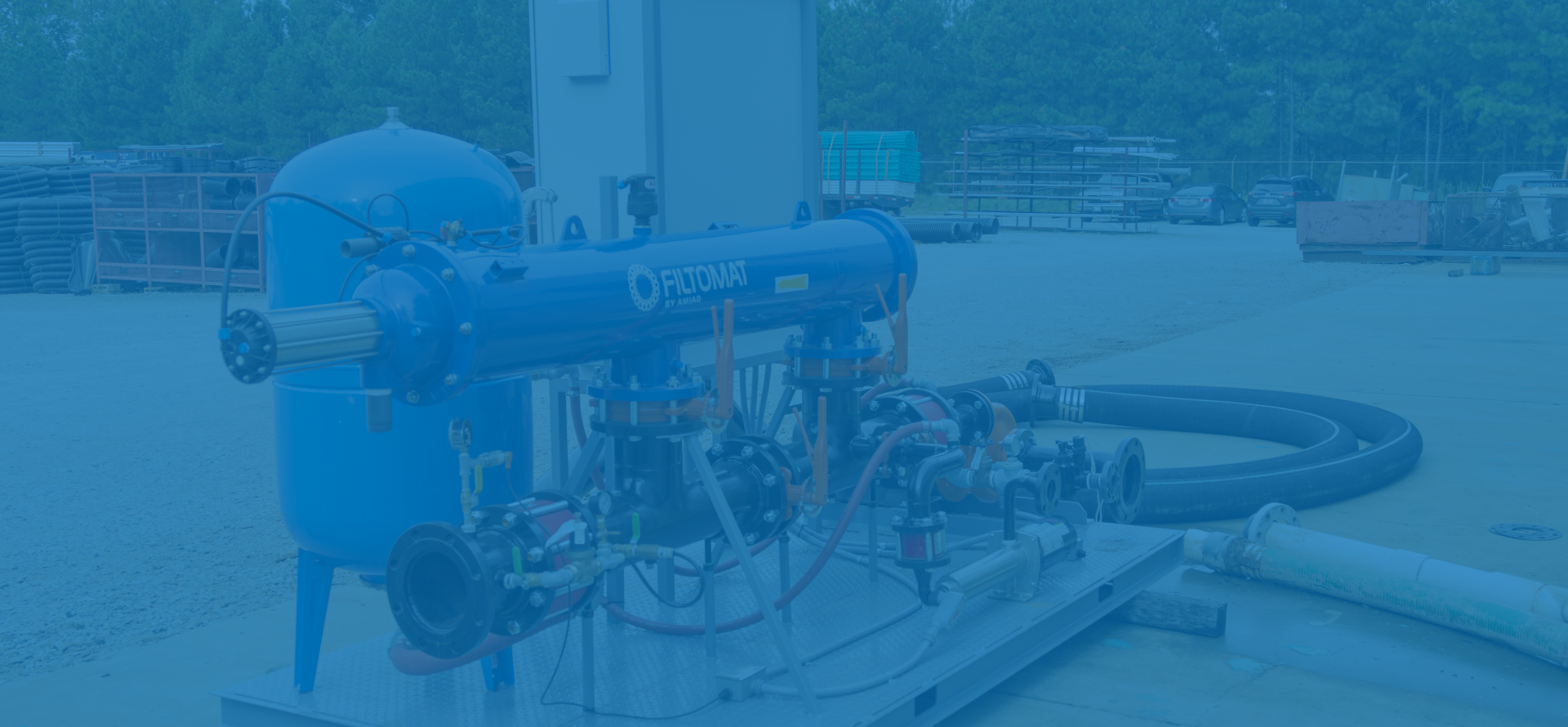Avoid the headache of frozen pipes and pumps this winter.

Freezing pipes and pumps is a concern of every home and building owner as temperatures fall. Sub-freezing winter temperatures can mean damage to pumps that are not properly winterized. To make sure your water and sump pumps come through winter freezes intact and doing their jobs, do this seasonal maintenance:
Safety First
Before doing any winterizing on your pumps, disconnect the power to the unit. This ensures that the pumps are not accidentally turned on while they are being worked on.
Protect Against Rust
Clean off any dirt or grime that could accumulate moisture. If there is any raw metal, paint it as it could otherwise rust. Use paint that is lead and chromate-free. Make sure that any pump numbers and motor identification tags are left unpainted and legible.
Prevent Blockages
When picking discharge hoses for your sump pump, remember that bigger is better. When water has a wider avenue to escape, there is a lower chance of freezes blocking the pipes. A longer hose can also lead water farther from the building.
Make Gravity Work for You
If you have the option, have pipes run downhill from the pump. When the water is flowing away easily, it can prevent back-ups and freezes. Gravity can also keep water pumped from sump pumps from pooling near buildings.
Keeping Pipes Warm
Maintaining heat is another way to ensure that the pump’s pipes do not freeze and break. Make sure that the end of the discharge pipe is buried in the ground before you insulate; the end will need to go beneath any surface ground that is frozen. Then cover exposed sections of piping in heavy duty tape or lagging straw. If insulation does not seem to provide enough warmth to protect against freezes, additional heat may be needed. Keep basement rooms with sump and water pumps warm enough to keep water from freezing.
Seasonal Storage
If you have water pumps that are only used seasonally, they will need to be prepared for storage during the winter months. Make sure that they are thoroughly drained and flushed before storage. If you are storing a pump dry, check that all ducts and pipes are sealed to prevent rodents from getting inside. If wrapping in plastic, ensure that air can get in and out. Otherwise, accumulated condensation can cause rust.
By inspecting and maintaining pipes and pumps, you can keep your system in working order and prevent costly repairs. Are your pumps due for repair or annual maintenance? Contact WP Law for a consultation.








